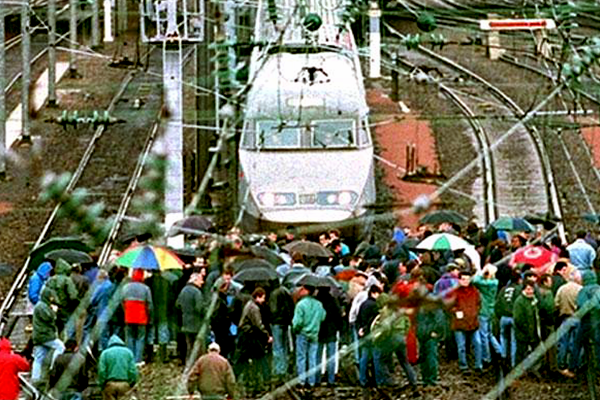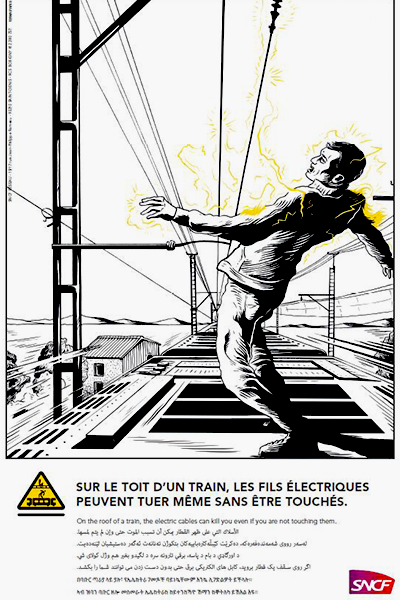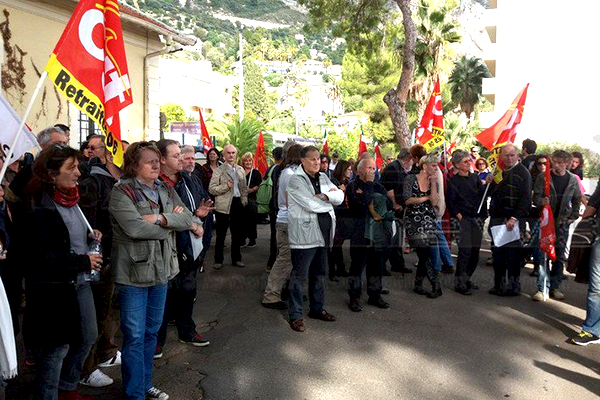Riceviamo e pubblichiamo il terzo resoconto dal monitoraggio in frontiera delle violente dinamiche di controllo attuate al confine tra Ventimiglia e Mentone. Per i precedenti report sul monitoraggio al confine: report ottobre-novembre 2024; report novembre-gennaio 2025
Il testo originale è in inglese.
(English version below)
Introduzione:
Questa breve cronologia delle molteplici violenze prodotte dai meccanismi del confine e dai suoi agenti della frontiera europea interna tra Francia e Italia sul Mar Mediterraneo …
… è un resoconto incompleto e situato. Fotografa la situazione dal punto di vista di persone osservatrici (spesso bianche) con cittadinanza europea e quindi tralascia gli innumerevoli episodi di violenza vissuti da coloro che lottano per la propria libertà di movimento. È un’immagine molto parziale e limitata della situazione, che tralascia le prospettive cruciali delle persone in movimento (POM, people on the move) e da quelle sans-papiers (persone senza documenti riconosciuti come “validi” dagli agenti di frontiera francesi).
Anche i numeri dei respingimenti e degli incidenti qui descritti sono semplicemente momentanee della situazione al confine – non rappresentano il numero di respingimenti che osserviamo regolarmente durante il monitoraggio alla frontiera (attualmente circa 30 respingimenti al giorno), né rappresentano adeguatamente tutti gli episodi di violenza che osserviamo al confine.
Monitoraggio in frontiera febbraio-marzo 2025
3 febbraio
Una donna incinta che vive a Parigi stava tornando a casa dall’Italia.
Quando è arrivata a un controllo di polizia alla frontiera, ha spiegato di dover tornare a casa per una visita medica, e ha anche mostrato la sua tessera di assicurazione sanitaria francese e i documenti per la visita medica alla polizia. La polizia l’ha presa in custodia e si è tenuta tutti i documenti che lei aveva mostrato loro e che dimostravano la sua residenza in Francia. Quando la donna ha chiesto alla polizia di riavere i documenti, questi si sono rifiutati e le hanno detto che “doveva restare con il suo uomo”. La donna è stata riportata in Italia con diverse altre persone quel giorno. La polizia non le ha fornito una documentazione sul respingimento. Né le hanno dato le sue carte che si sono tenuti e han rifiutato di restituirle. La donna si è vista togliere dalla polizia ogni prova della sua residenza in Francia. Non si tratta di un singolo caso isolato, ma purtroppo è una pratica regolare della polizia al confine.
5 febbraio
Una persona tra quelle che sono state respinte in Italia dalla polizia di frontiera in quel giorno aveva trascorso due giorni nella stazione di polizia di Nizza. Non gli è stata fornita alcuna documentazione o spiegazione scritta per la sua detenzione.
11 febbraio
Due minorenni vengono respinti in Italia dalla polizia, anche se sarebbe stato loro diritto legale rimanere in Francia.
20 febbraio
Tra le persone che sono state respinte dalla Francia verso l’Italia quel giorno c’erano due amici che hanno aspettato a lungo che una terza persona, incontrata durante il viaggio, uscisse dalla stazione di polizia dopo di loro. Le persone che sono state respinte più tardi hanno solo visto il suo zaino rosso e nero alla stazione di polizia (portato da un poliziotto in un’altra stanza), ma non la persona in sé. I due amici hanno rinunciato ad aspettare dopo ore, poiché non avevano né il nome né il numero di telefono della persona che era scomparsa nella stazione di polizia. Quel giorno la persona a cui apparteneva lo zaino rosso e nero non è uscita dalla stazione di polizia.
È impossibile ricostruire ciò che la polizia ha fatto a quella persona… Questo è solo uno dei tanti esempi di persone che scompaiono violentemente nel tentativo di attraversare il confine e che troppo raramente vengono documentati.
24 febbraio
La polizia di frontiera francese insulta verbalmente le persone che ha rinchiuso in cella e che sta respingendo in Italia.
27 febbraio
Nella stazione della polizia di frontiera francese uomini, donne e altre persone che hanno dovuto passare la notte lì prima di essere rimpatriate sono state messe tutte insieme in un’unica cella. Nessuna separazione tra i generi. Inoltre la polizia ha esercitato pressioni sui detenuti durante un interrogatorio.
5 marzo
Nella stazione di polizia di Nizza una POM è stata ammanettata per per alcune ore senza alcuna spiegazione. Ha dovuto trascorrere dieci ore in diverse stazioni di polizia finché non è stata respinta sul lato italiano. Nessuno di coloro che sono stati respinti in Italia è stato informato dei propri diritti durante la detenzione quel giorno.
7 marzo
Da cosa dipende un passaggio sicuro? Per una donna arrestata dalla polizia al confine, da un involucro di plastica mancante nel suo valido permesso di viaggio. La polizia le ha detto che il documento non era valido senza l’involucro di plastica e che doveva andare in cella con loro. Qui le è stata negata l’acqua durante la permanenza nella stazione di polizia.
Un’altra persona ha detto chiaramente alla polizia di frontiera quando è stata arrestata in Francia che voleva chiedere asilo qui, ma viene semplicemente ignorata e rimandata in Italia. Non si tratta affatto di un caso isolato.
English version
This small chronology of the multiple violences produced by the border mechanisms and its agents of the inner-european border between France and Italy at the Mediterannean Sea …
… is an incomplete and situated account. It pictures the situation from the perspective of (often white) observers with european citizenships and thus leaves out innumerable violent incidents experienced by those who are struggling and fighting for their freedom of movement. It is thus a very partial and limited picture of the situation leaving out the crucial perspectives of people on the move (POM) and sans-papiers (people without documents recognised as “valid” by french border agents).
Also the numbers of push backs and incidents cited here are simply momentary snapshots of the situation at the border – they do neither represent the numbers of pushbacks that we observe when regularily monitoring at the border (currently about 30 per day), nor do they adequately picture all violent incidents that we observe at this border.
3rd of February
A pregnant woman living in Paris was travelling back home from Italy. When she got in a police control at the border, she explained that she needs to go home for a medical appointment, even showed her French health insurance card and the documents for the medical appointment to the police. The police took her into custody and kept all the documents which proved her residency in France that she had showed to them. When she asked the police to get the documents back they refused and told her that she “should stay with her man”. The woman was bushed back to Italy with several other people on that day. The police did not provide her with any documentation about the pushback. Neither did they provide her with a documentation of her papers that they have kept and refused to give back to her. The woman had every proof of her residency in France taken off her by the police. This is not an isolated single case but sadly a regular police practice at this border.
5th of February
One person among those who were pushed back to Italy by the border police on that day had spent two days in the police station in Nice before. He was not given any documentation or written explanation for his detention.
11th of February
Two minors are pushed back to Italy by the police although it would be their legal right to stay in France.
20th of February
Amongst the people who were pushed back from France to Italy on that day are two friends who were waiting long time for a third person whom they met on their journey to come out from the police station after them. The people who were pushed back later just saw his red and black backpack in the police station (being carried by a policeman to another room) but not the person itself. The two friends gave up waiting after hours since they had neither the name nor the phone number of the person who disappeared in the police station. On that day the person to whom the red and black backpack belonged did not come out of the police station. Impossible to trace what the police has done to that person … This is only one of many examples of people violently disappearing in their attempt to cross this border that are too rarely put on the record.
24th of February
French border police is verbally insulting people they locked in a cell and are pushing back to Italy.
27th of February
In the french border police station men, women and others who had to spend the night there before being pushed back were all together put in one cell. No separation of genders. Also the police exerted pressure on detainees during an interrogation.
5th of March
In the police station in Nice a person on the move was handcuffed for some hours without any explanation. He had to spend ten hours in different police stations until he got pushed back on the Italian side. Nobody of the people pushed back to Italy was informed about their rights in custody on that day.
7th of March
What does a safe passage depend on? For a women arrested by the police at the border on a missing plastic wrapper for her valid travel permission. The police told her that the document was not valid without a platic wrapper and that she had to go to the police cell with them. Here she was denied water during her time in the police station.
Another person clearly telling the border police when arrested in France that he wants to claim asylum here, is simply ignored and pushed back to Italy. This is not a singular case at all.
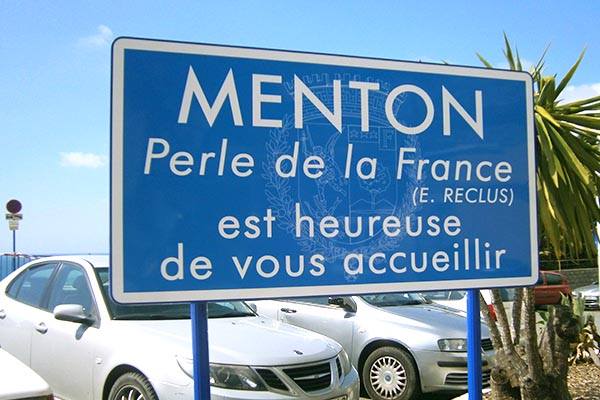


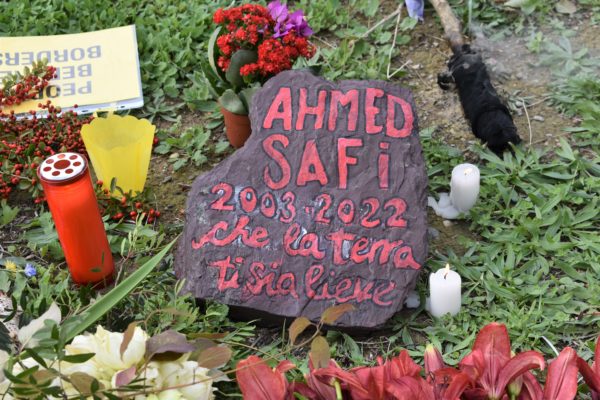
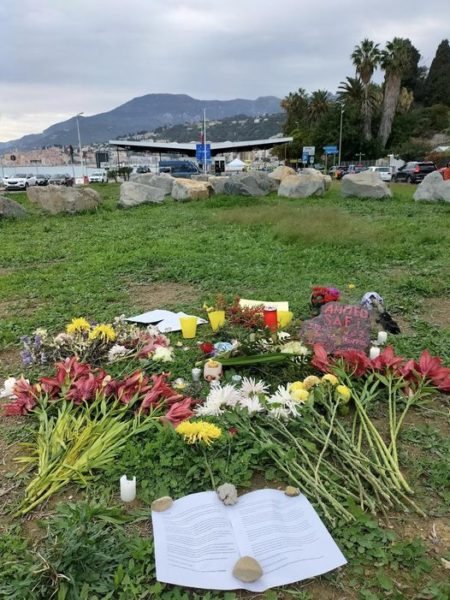
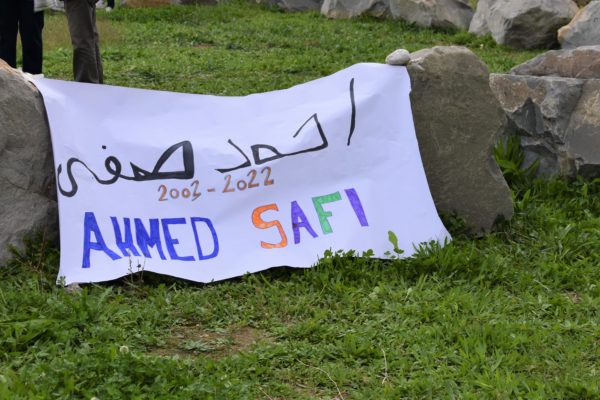
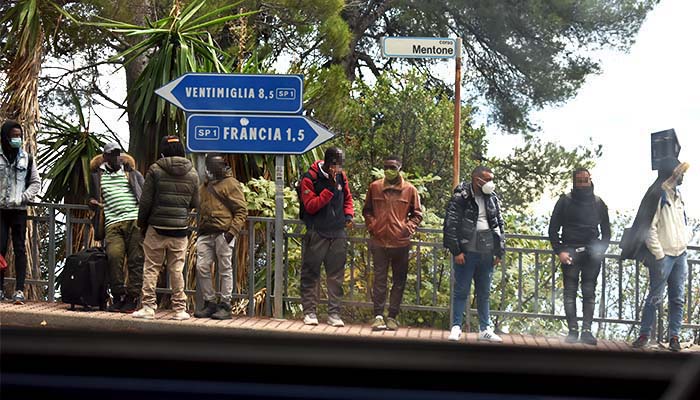

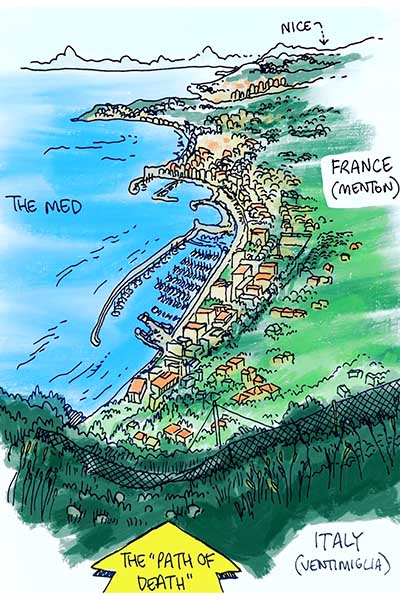 Abbiamo incontrato molte persone che sono state deportate da altri paesi, come la Germania, l’Austria, il Belgio, o il Lussemburgo. Alcun* di coloro che sono stati deportat* da altri paesi, non avevano trascorso molto tempo in Italia prima della deportazione, ma le loro impronte digitali sono state immediatamente registrate al loro arrivo a Lampedusa, anche se avevano passato molto più tempo in un altro paese, costruendosi una vita, prima di essere deportat* in un posto che conoscono davvero molto poco.
Abbiamo incontrato molte persone che sono state deportate da altri paesi, come la Germania, l’Austria, il Belgio, o il Lussemburgo. Alcun* di coloro che sono stati deportat* da altri paesi, non avevano trascorso molto tempo in Italia prima della deportazione, ma le loro impronte digitali sono state immediatamente registrate al loro arrivo a Lampedusa, anche se avevano passato molto più tempo in un altro paese, costruendosi una vita, prima di essere deportat* in un posto che conoscono davvero molto poco.
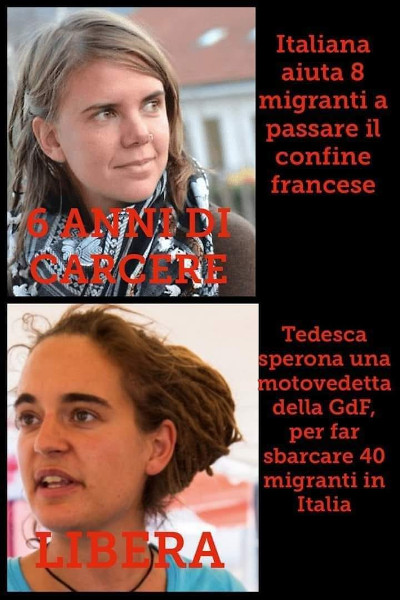
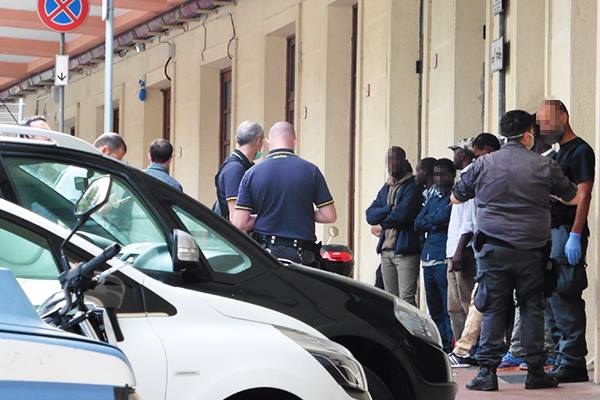
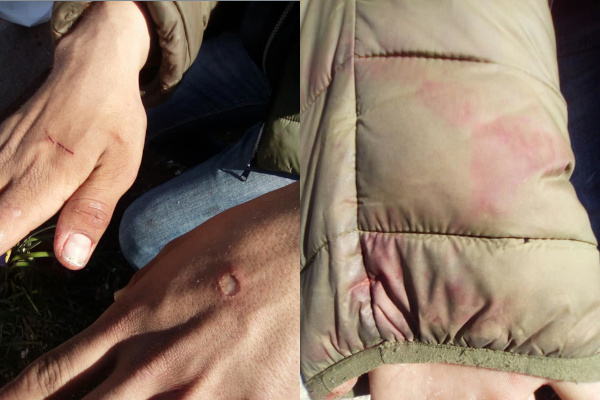
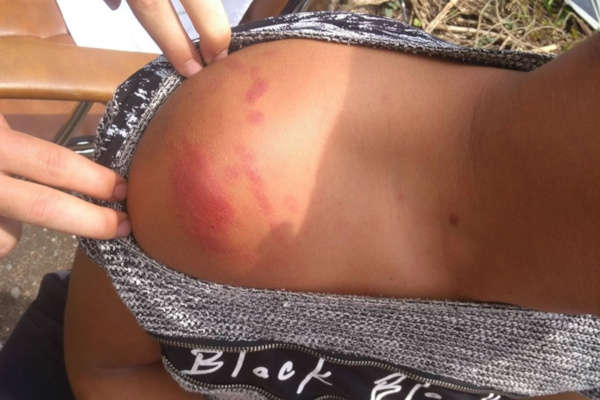
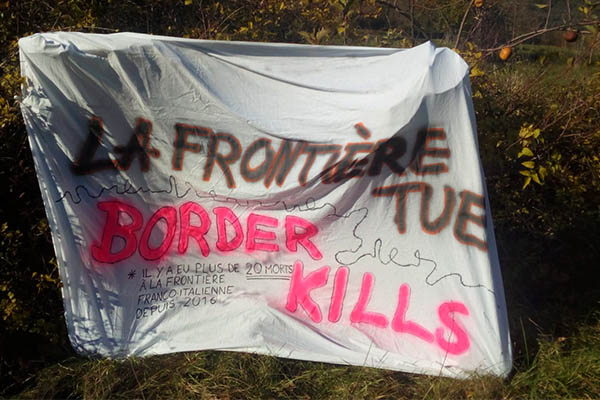
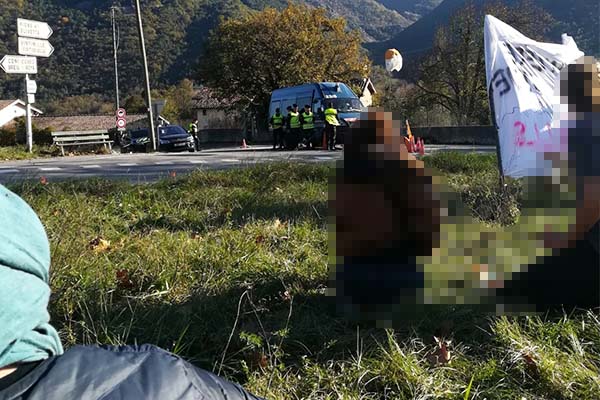
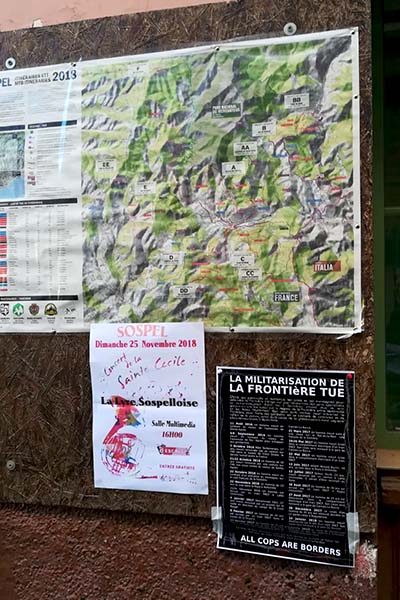
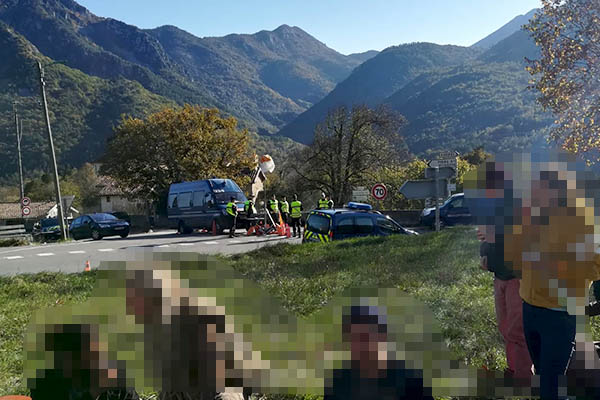

 una libertà collettiva.
una libertà collettiva.







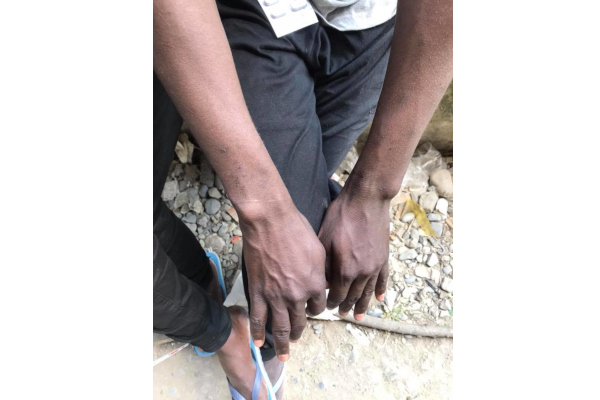
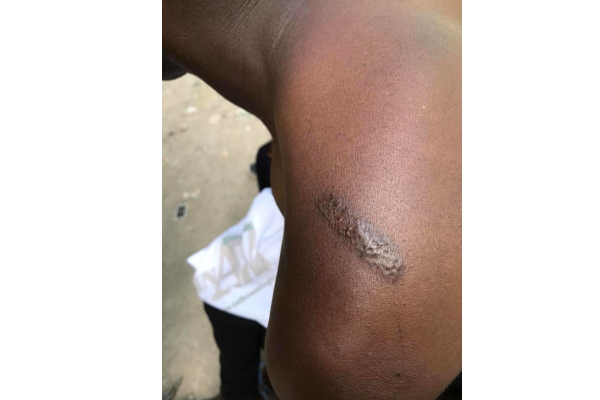


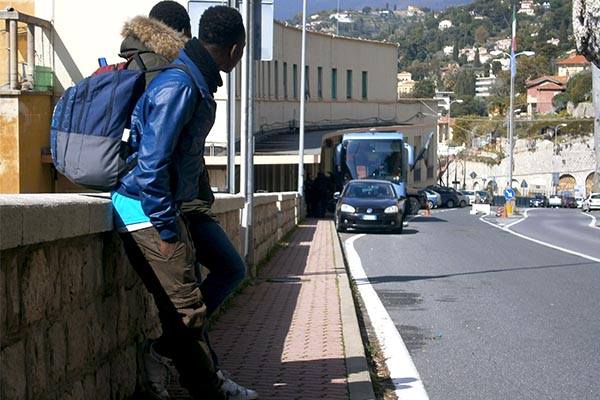
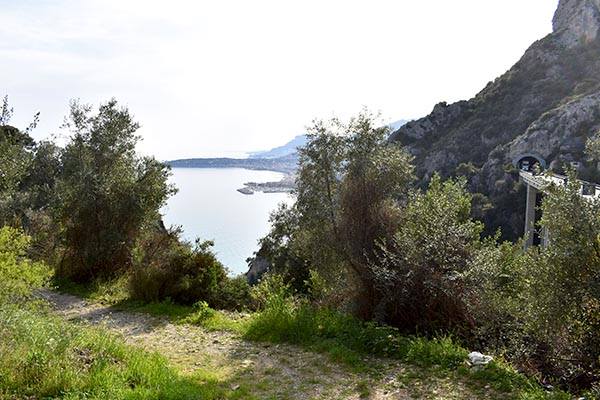


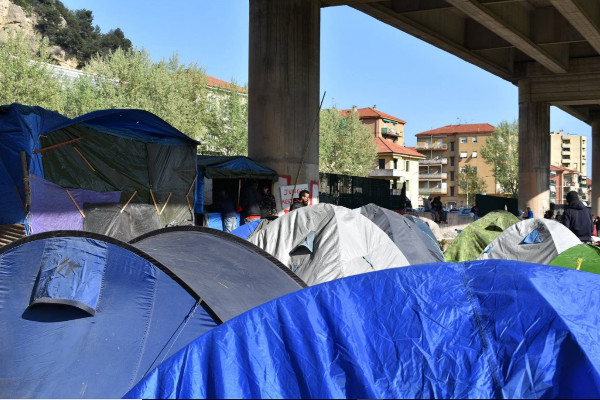
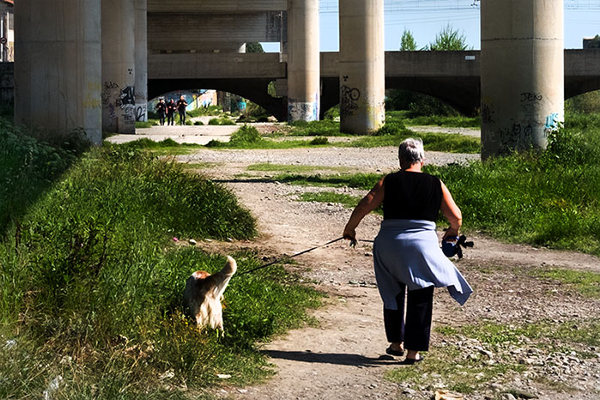
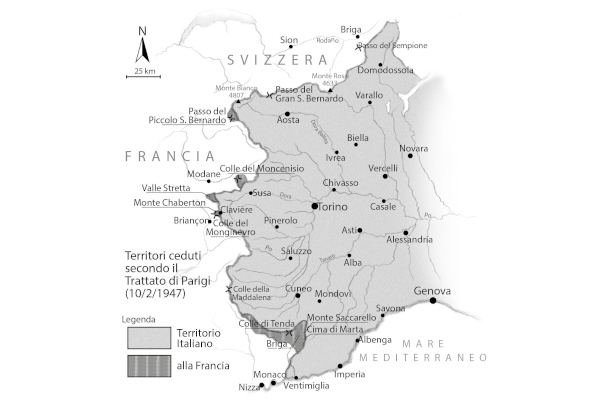

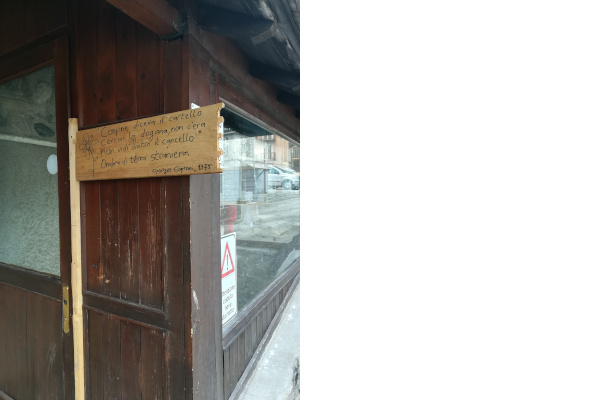
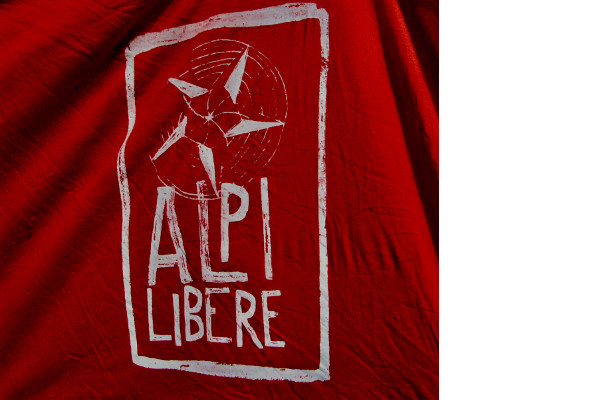

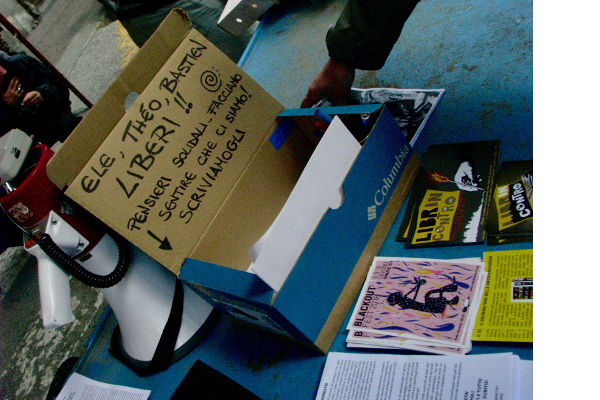
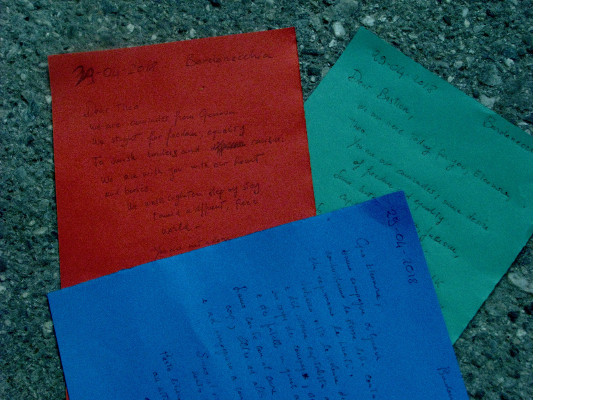


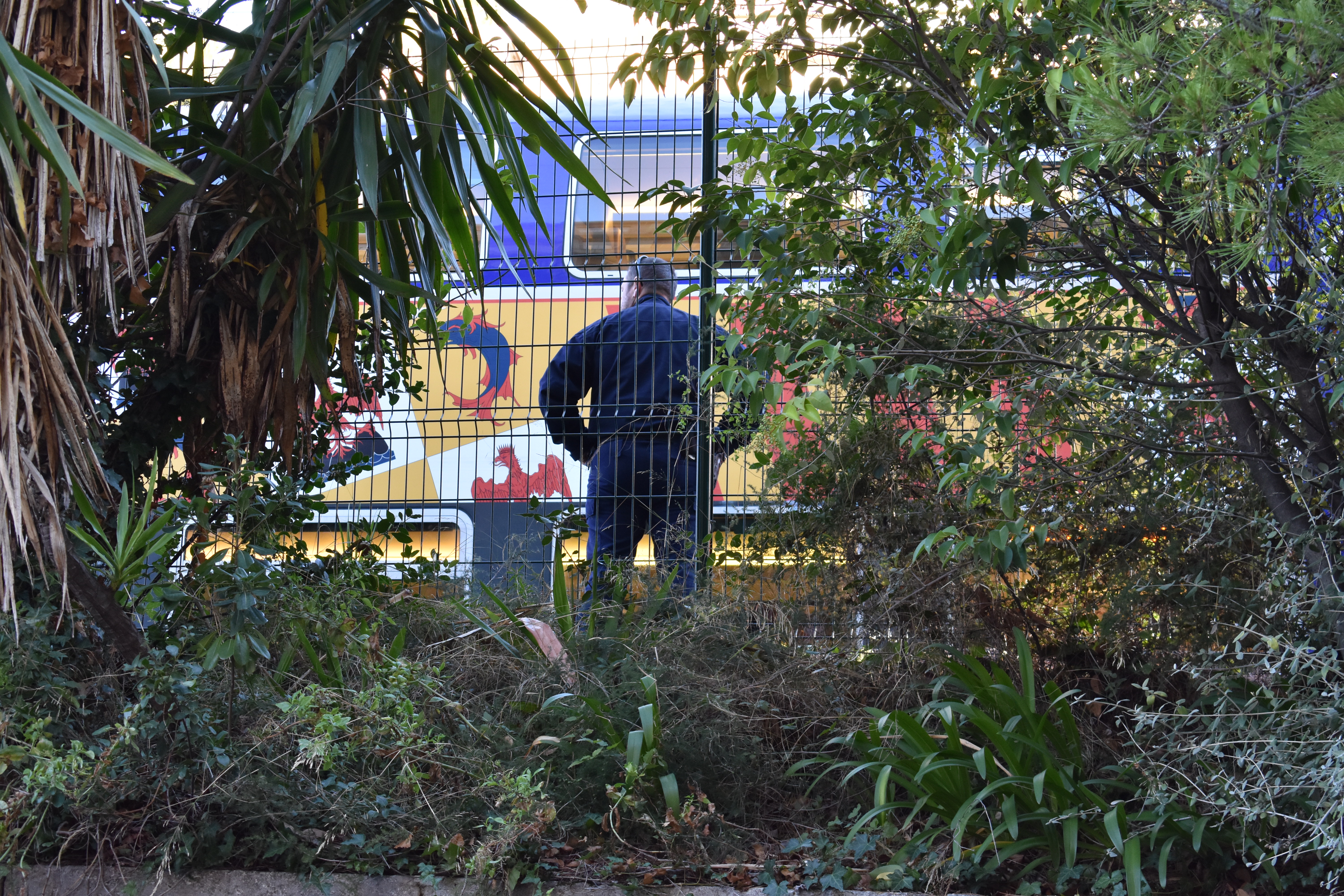


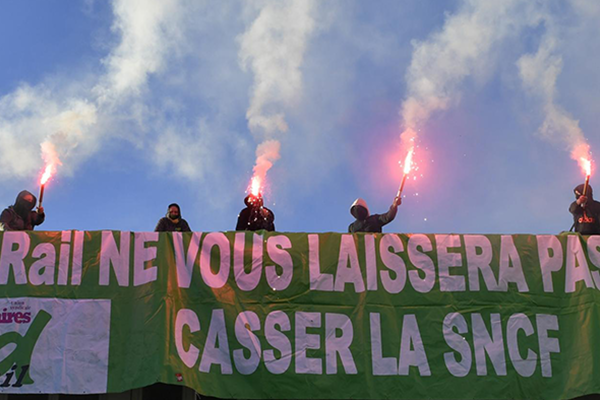
 Il 12 marzo la celebrazione degli 80 anni di SNCF è stata interrotta da un gruppo di lavoratori determinati e arrabbiati ,che hanno deciso di presentarsi senza invito al cocktail dei manager della compagnia, occupando il tetto dell’edificio e il salone dove si svolgeva la kermesse, per ribadire che gli cheminots (i ferrovieri d’oltralpe) non resteranno a guardare in silenzio governo e dirigenti sfasciare il servizio pubblico.
Il 12 marzo la celebrazione degli 80 anni di SNCF è stata interrotta da un gruppo di lavoratori determinati e arrabbiati ,che hanno deciso di presentarsi senza invito al cocktail dei manager della compagnia, occupando il tetto dell’edificio e il salone dove si svolgeva la kermesse, per ribadire che gli cheminots (i ferrovieri d’oltralpe) non resteranno a guardare in silenzio governo e dirigenti sfasciare il servizio pubblico.